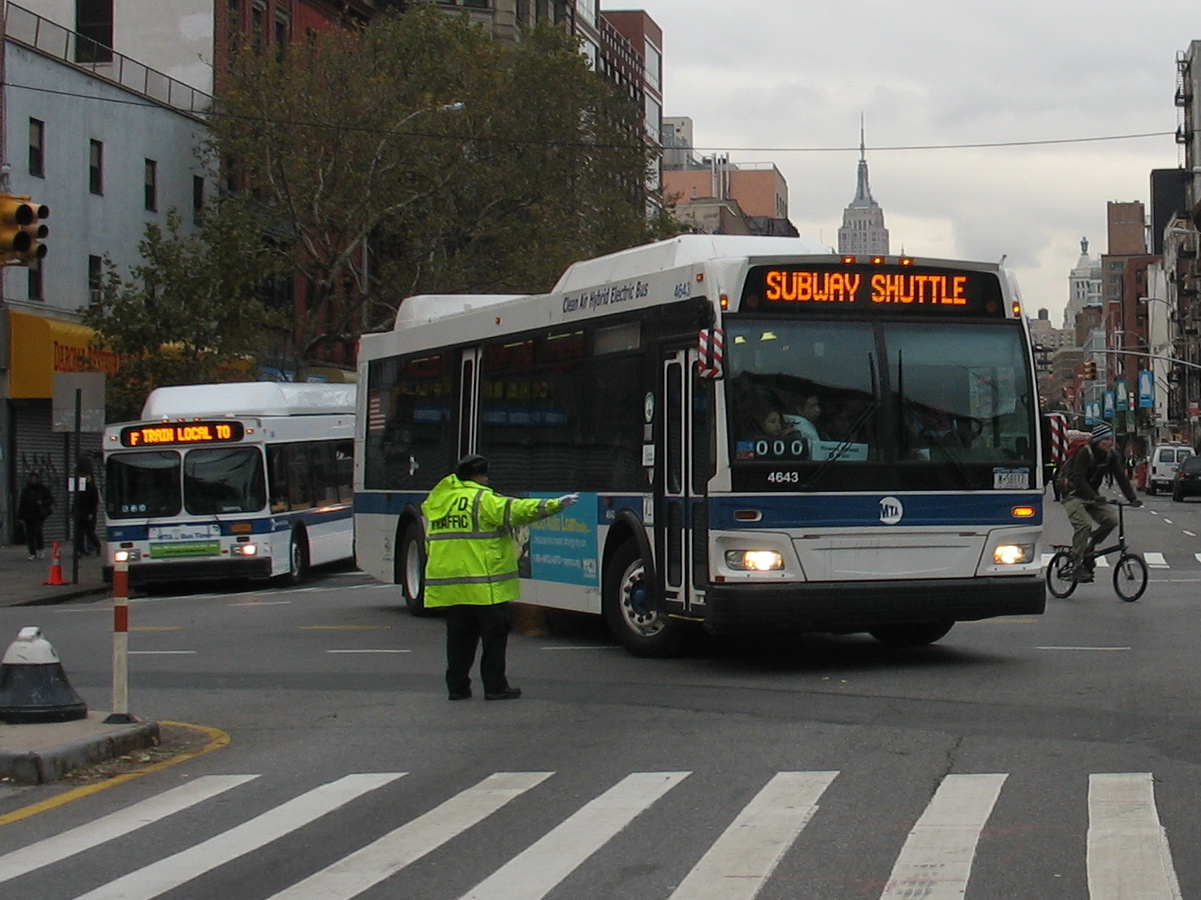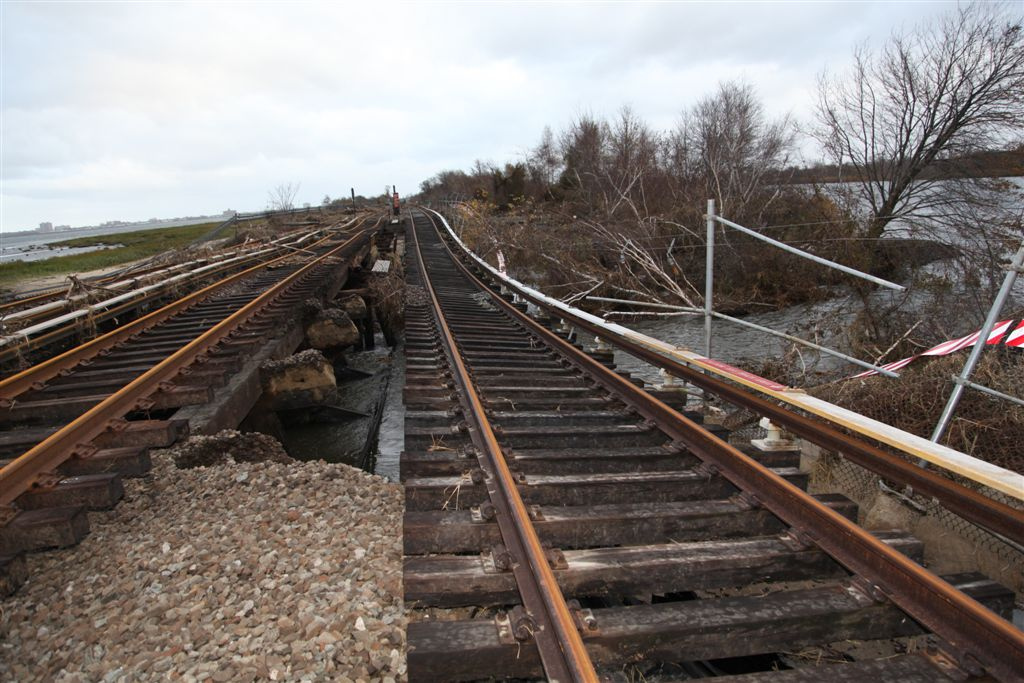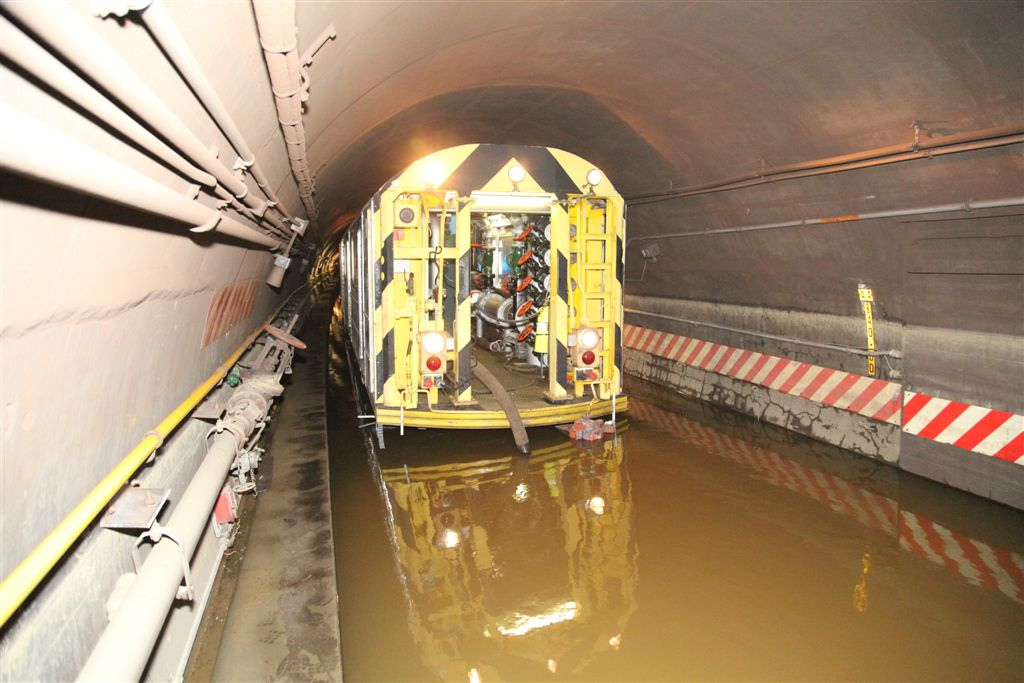Back with a new podcast, catching up on some things in the news this month.
I talk about the importance of redesigning streets to improve safety and comfort for people of all abilities, and it doesn't have to be an expensive, long-term project. Brooklyn's Fourth Avenue speedway was just redesigned using only paint and plastic bollards (more on road diets). Advocates are targeting the dangerously narrow and inadequate bike and pedestrian path on the Pulaski Bridge for improvements. This bridge shows why conflicts arise between pedestrians and cyclists, because both groups are given inadequate facilities even while motorists dominate the streets.
Bike helmets aren't all they're cracked up to be. A few Swedish engineers are working on an invisible, inflatable bike helmet. I argue that helmets do not prevent crashes, and by pushing helmet use we neglect the things that actually matter for bike safety like safe bicycling advice, driver education and enforcement. Bike Walk Lee showed the power of bikes in social justice by holding a clinic to help homeless people get access to bike repair services. Toronto removes a key north-south bike lane despite it having tripled bike travel on the corridor in just a few short years.
The last piece of bad news is from California, where politicians are releasing emergency oil reserves to try to appease frustrated motorists. But as we know, that is not a solution.
On the transit side, the Worcester Regional Transit Authority, the disproportionately small bus system in New England's second largest city, is buying three all-electric buses. This a big positive development yet it also highlights the problems with the federal transit funding formulas.
Free service on the Silver Line bus between downtown Boston and Logan Airport will continue until January. The absence of on-board (or any) fare collection has surely caused a dramatic reduction in travel times and made things easier for everyone. In a related development, my favorite transit blog, Human Transit, discredits route-level fare recovery analyses since each route is part of an interconnected urban transportation system.




